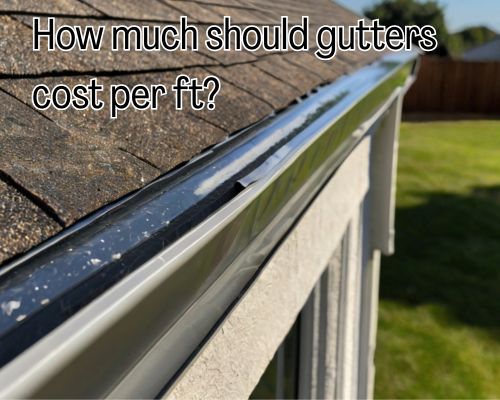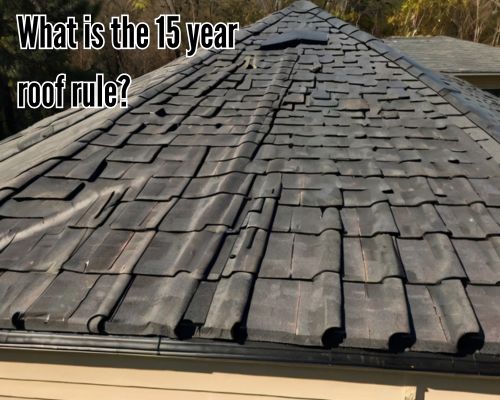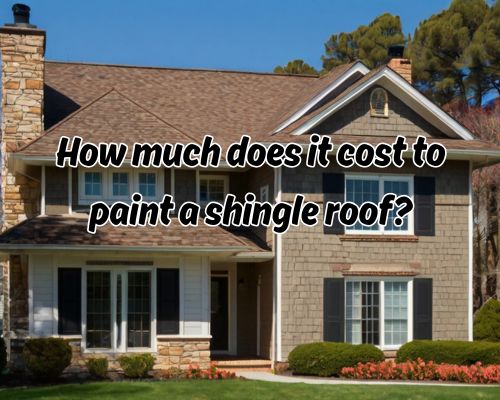When it comes to dealing with household plumbing issues, few problems are as common—or as frustrating—as leaks. Whether it’s a dripping tap, a pinhole in a copper pipe, or a busted joint under the kitchen sink, Warragul homeowners want solutions that are fast, effective, and long-lasting. But what exactly do professional plumbers use to fix leaks? With Plumber Warragul, let’s explore the key tools, materials, and techniques that local plumbers in Warragul, Victoria rely on to stop leaks and restore your peace of mind.

Understanding Leak Types in Warragul Homes
Before diving into tools and methods, it’s essential to understand the types of leaks most commonly found in Warragul properties. The town’s mix of older Federation-style homes and newer builds means leaks can stem from:
- Aging copper piping
- Corroded joints or seals
- High water pressure stress
- Poorly installed PVC or PEX piping
- Seasonal soil movement impacting underground pipes
Local plumber are trained to assess the leak source quickly and choose appropriate repair solutions based on the situation.
Key Tools Plumbers Use to Fix Leaks
1. Pipe Wrenches & Adjustable Spanners
These are the bread-and-butter tools for every plumber in Warragul and beyond. Pipe wrenches allow plumbers to grip, turn, and tighten or loosen pipe fittings securely. Adjustable spanners are ideal for dealing with varied fastener sizes, especially in tight crawl spaces common in Gippsland homes.
2. Pipe Cutters
When dealing with copper or PVC piping, plumbers often use handheld pipe cutters for precision and safety. This tool helps cut out a damaged section cleanly, ensuring a snug fit when inserting new pipe or fittings.
3. Plumber’s Tape (Teflon Tape)
Used extensively in threaded connections, Teflon tape helps seal joints and prevent water leaks. It’s essential for taps, showerheads, and connecting metal to plastic fittings.
4. Pipe Sealing Compounds (Pipe Dope)
In conjunction with plumber’s tape, sealant compounds add an extra layer of leak resistance. These are typically used on metal pipe threads and are ideal for outdoor or high-pressure systems.
5. Epoxy Putty & Leak Repair Tape
Temporary solutions like epoxy putty or self-fusing silicone repair tape can help stem leaks quickly until permanent repairs can be completed. These are particularly useful for emergency callouts in Warragul’s outer rural areas.
6. Crimping Tools for PEX Fittings
With modern builds using flexible PEX piping, plumbers use crimp rings and tools to create watertight seals. Crimping systems are favored for their speed, flexibility, and fewer connection points—meaning fewer potential leak zones.
7. Pipe Inspection Cameras
To locate hidden leaks behind walls or under slabs, plumbers may use waterproof inspection cameras. These tools allow professionals to visually confirm leaks without resorting to invasive guesswork—a vital advantage when preserving property integrity in heritage homes around Brandy Creek or Lillico.
Materials Used by Warragul Plumbers to Fix Leaks
1. Replacement Pipe (Copper, PVC, or PEX)
Damaged sections of pipe are often replaced entirely. Depending on the home’s age and compliance standards, plumbers may use:
- Copper pipe – Durable and heat-resistant.
- PVC/CPVC – Common in newer homes, used for cold/hot water systems.
- PEX piping – Flexible and corrosion-resistant, ideal for Warragul’s variable climate.
2. Compression Fittings & Couplings
For quick repairs without soldering, plumbers often use push-fit or compression fittings. These allow new pipe segments to be joined easily and securely, reducing the need for open flames or drying time.
3. Pipe Sleeves & Clamps
Minor pinhole leaks can sometimes be repaired using pipe repair clamps. These devices are tightened over the leaking area to create a high-pressure seal—a technique often used for quick fixes in commercial settings like cafes or stores along Queen Street.
Techniques for Leak Repair Used in Warragul
🔧 Soldering (for Copper Pipes)
In older homes with copper plumbing, soldering is still a go-to repair method. This involves cleaning the pipe ends, applying flux, and heating the joint before adding lead-free solder to seal the connection. It’s durable and permanent when done right.
💦 Re-routing Pipes
When a leak is located in an inaccessible or heavily damaged area—like under a concrete slab—re-routing water lines may be more cost-effective than digging. Warragul plumbers are familiar with local building codes and will often coordinate with council approvals when re-piping is necessary.
🛠️ Pipe Relining (for Underground Leaks)
This trenchless method is gaining popularity for fixing sewer or stormwater leaks. A flexible liner is inserted into the damaged pipe and cured in place. It’s ideal for rural properties in the outskirts of Warragul, where excavation can be expensive and disruptive.
Costs of Leak Repair in Warragul
While pricing varies depending on leak severity, location, and materials used, Warragul homeowners can expect:
| Leak Type | Estimated Cost (AUD) |
|---|---|
| Dripping tap fix | $120 – $250 |
| Pipe joint reseal | $180 – $350 |
| Pipe section replacement | $250 – $600 |
| Leak detection via camera | $180 – $400 |
| Underground pipe repair | $500 – $3,000+ |
Local plumbing businesses like Gippsland Plumbing Services or Warragul Plumbing & Gas often provide free quotes and emergency services.
Why Choose a Local Warragul Plumber?
Hiring a licensed local plumber offers several advantages:
- Familiarity with local water pressure trends
- Knowledge of regional soil conditions and seasonal expansion
- Awareness of compliance with Baw Baw Shire plumbing regulations
- Quick callout times across Warragul, Drouin, and surrounding towns
Many local tradespeople are also members of the Master Plumbers Association of Victoria, ensuring quality workmanship and insurance coverage.
Preventing Future Leaks in Warragul Homes
Being proactive can help avoid costly leaks:
- Annual inspections of taps and exposed pipes
- Replacing washers and O-rings as needed
- Insulating pipes before winter chills hit
- Installing water pressure regulators
- Checking meter for signs of hidden leaks
Plumbers may also offer leak detection packages, using acoustic sensors or infrared thermography—especially helpful in homes with slab foundations.
Final Thoughts: What Do Plumbers Use to Fix Leaks in Warragul?
From basic hand tools like wrenches and cutters to advanced techniques like pipe relining and camera inspections, modern plumbing repairs involve a strategic blend of old-school know-how and cutting-edge tech. If you’re a Warragul resident asking “What do plumbers use to fix leaks?”—the answer is: the right tool for the right job, guided by years of local expertise.
Don’t wait for that tiny drip to become a big headache. If you suspect a leak in your Warragul home, reach out to a qualified local plumber today for a proper assessment and long-lasting solution.
Need Leak Repair in Warragul?
Contact your local certified plumber today and ask about same-day service or leak detection inspections. Prevent water damage before it starts—your home (and wallet) will thank you.











